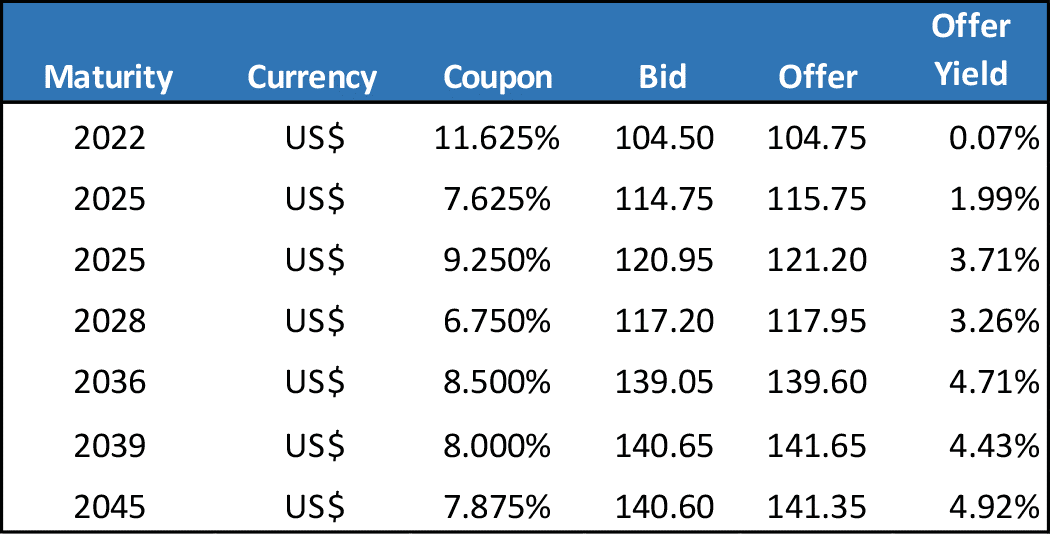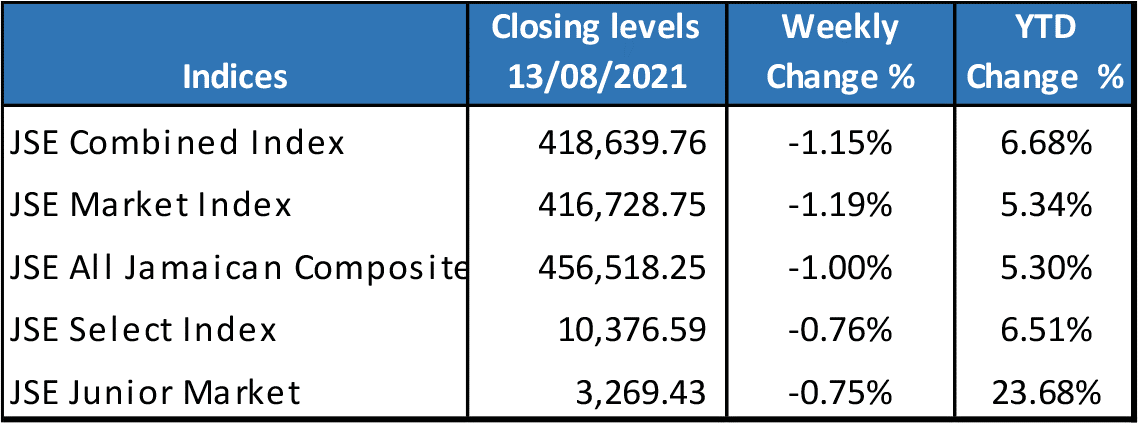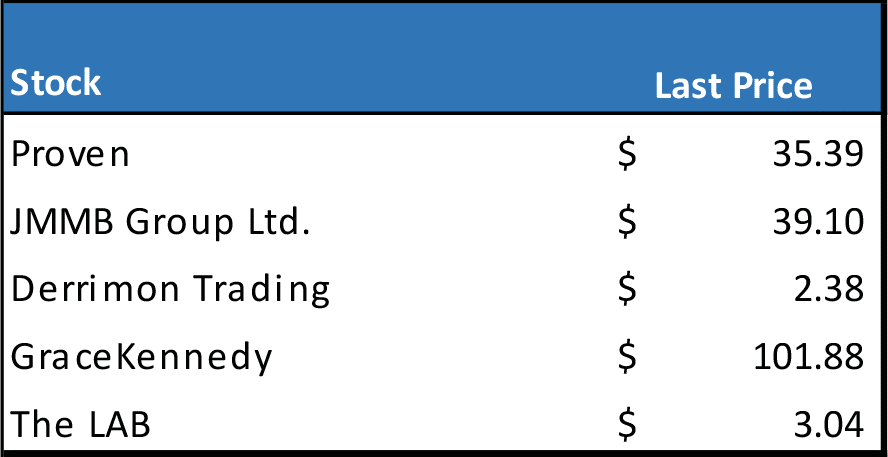Is it smart investing to buy only Dividend Stocks?
The short answer is that it depends on the goal of the investor. A dividend is a cash payment made by a company to its shareholders – it is the most direct way a company can return the success of the business back to its investors. Dividends are paid on a per-share basis, however investors generally focus on the “dividend yield,” which is the percentage of a company’s share price that will be returned to shareholders as dividends in a given year.
Dividend stocks are particularly attractive for a number of reasons. Primarily among those is that the dividend is much more consistent and gets paid out whether the stock price is up or down. Thus, even if your stock is underperforming in terms of its share value, you are still getting something back, making it easier to hold onto the stock and wait out a downturn in the stock market.
Another benefit of holding stocks that pay dividends is that you get cash payments that can be reinvested or used for other purposes. Hence, dividend stocks are a great long-term investment option that produces passive income; they are also great for investors looking to invest in order to create a regular income stream and suitable for younger investors wishing to reinvest their dividends to maximize growth.
On the other hand, companies can and will reduce their dividends when times get challenging. Thus, dividend payments are less secure than the promised coupon payment on a bond, for example, which offers regular interest payments. However, if you buy stocks of companies that not only offer a strong dividend yield but also have a track record of consistently increasing their dividend on a regular basis, it can help you mitigate some of that risk.
Often, you may not be able to generate exponential growth, investing in dividend stocks only. Thus, depending on your goal, you may have to balance your investment between dividend stocks with stocks which might not pay dividends regularly but might provide you with the opportunity of getting better capital appreciation.










